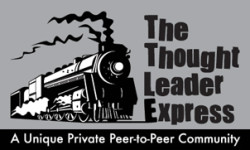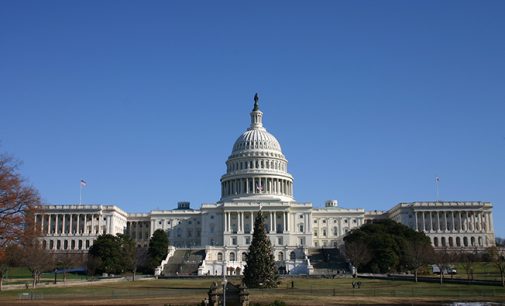Viewing this content requires a Basic (Free) Membership or better. You are not currently logged in. If you have an account, you may login below, or use the “Log In”
Tag "401k"

The blend of traditional and modern retirement plan types could evolve further with SECURE 3.0.

If you look at headlines in the retirement industry trade press, rarely does a week go by when you don’t see an article lamenting the low retirement savings numbers. How do we change this?
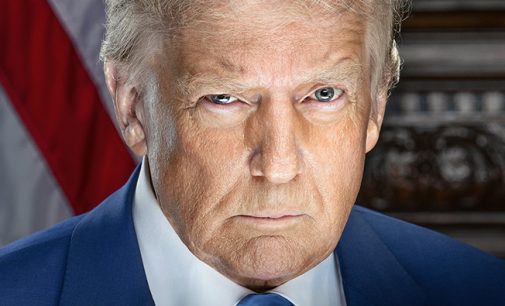
As long as the fiduciary ball remains in the Executive Branch’s court, it’s easy to predict what will happen. That doesn’t mean, however, that we won’t see some surprises coming from the Legislative Branch.
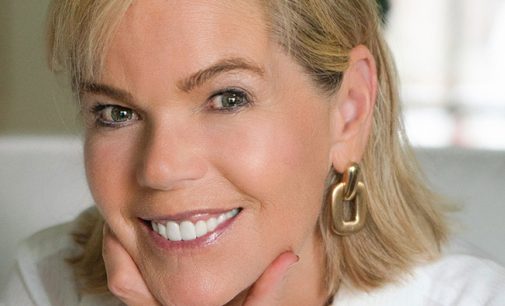
Think of the third party as the food truck in the parking lot. Employees will see it and decide for themselves whether to engage with it.
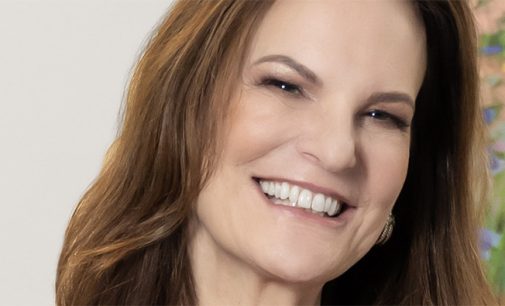
I do not underestimate the ability of the plaintiff’s bar to come up with novel and clever arguments, but for the reasons set forth in the white paper I do not believe that they can construct a viable theory.

Making matters worse is the changing regulatory environment once the new SECURE Act 2.0 rules become effective. The good news is the dust settles after that.

